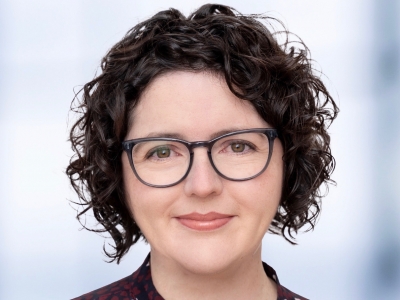Localization is a new movement in humanitarian aid that seeks to create a more equitable and authentic collaboration between international not-for-profits and on-the-ground organizations, and it’s at the heart of an exciting community-based participatory research project based in Ottawa.
The project’s focus is to develop a culturally-based trauma intervention (CBTI) that helps alleviate the suffering that refugees often carry—suffering that can present a challenge to the community organizations assisting refugees in resettling in their new home countries.
“Experiences of violence take a toll on both the physical and mental well-being of refugees and survivors, which requires long-term intervention, including culturally-based counselling, to promote their welfare,” says Nimo Bokore, assistant professor in the School of Social Work.
Bokore is one of a team of six academics partnering with Ottawa’s Somali Centre for Family Services (SCFS), including Carleton colleagues James Milner, associate professor of political science and project director for the Local Engagement Refugee Research Network, and Patricia McGuire, professor in the School of Social Work, as well as Regine King of the University of Calgary and Michaela Hynie and Susan McGrath of York University.
The project, “Re-thinking resettlement and integration: Creating a culturally-based trauma-informed intervention,” has the support of a $25,000 SSHRC Partnership Engage Grant.
It will involve the participation of 20 service users and 20 service providers and produce, among other outcomes, community-relevant research for the development of CBTI-informed resettlement programming. The project aims to benefit not only the SCFS but also other agencies and NGOs serving survivors of trauma in Canada and beyond.
Monday, August 10, 2020 in News, School of Social Work
Share: Twitter, Facebook



